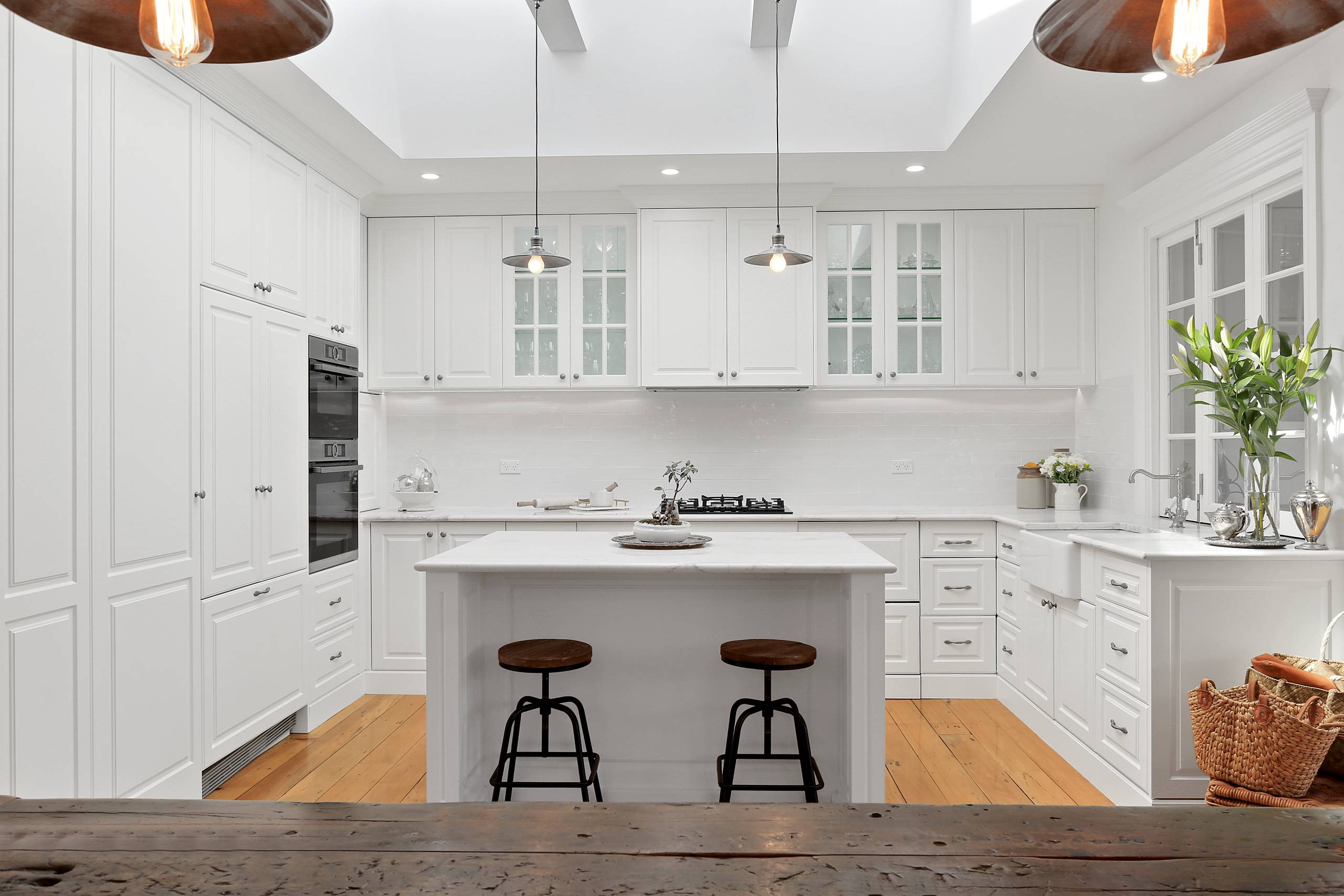Office
15/398.Othukulikadu,
Marriyaman Kovil Street
Seelayaiken Patty.
Salem , Tamil Nadu
India (636010)

Contact : +919342548334
A PVC (Polyvinyl Chloride) kitchen modular design represents a modern and versatile approach to kitchen interiors, emphasizing functionality, aesthetics, and durability. PVC, a type of plastic, has become a popular material for modular kitchens due to its numerous benefits. One of the standout features of PVC kitchen designs is their water and termite resistance. Unlike traditional wooden cabinets, PVC cabinets do not swell or rot when exposed to moisture, making them ideal for the kitchen environment where water spillage and humidity are common.
The versatility of PVC allows for a variety of finishes and colors, enabling homeowners to customize their kitchens to match their personal style and the overall decor of their homes. Whether opting for a sleek, glossy finish that exudes modern sophistication or a matte finish for a more understated elegance, PVC can accommodate diverse aesthetic preferences. Additionally, the material is easy to clean and maintain, requiring only a simple wipe-down to keep it looking pristine. This low-maintenance aspect is particularly appealing for busy households where convenience is paramount.
In terms of construction, PVC kitchen modular units are lightweight yet sturdy, facilitating easy installation and rearrangement. The modular nature means that individual components like cabinets, drawers, and shelves can be designed separately and assembled on-site, offering flexibility in design and layout. This modular approach also means that any future modifications or repairs can be done with minimal hassle, as individual modules can be replaced without affecting the entire kitchen setup.
Moreover, PVC kitchen modular designs are cost-effective. They provide a budget-friendly alternative to more expensive materials like solid wood or stainless steel, without compromising on quality or durability. This makes them an attractive option for homeowners looking to upgrade their kitchens without incurring exorbitant costs. Despite being lightweight, PVC offers excellent structural integrity, ensuring that the kitchen units can support the weight of kitchenware and appliances.
Another advantage of PVC is its environmental friendliness. Modern manufacturing processes for PVC have evolved to be more sustainable, reducing the ecological footprint associated with its production. Additionally, PVC is a recyclable material, meaning that at the end of its lifecycle, it can be repurposed rather than contributing to landfill waste.
The modular design of PVC kitchens also promotes efficient space utilization. In urban settings where kitchen space might be limited, modular units can be tailored to maximize storage and functionality within a compact area. Customizable options such as pull-out shelves, carousel units, and integrated organizers help in keeping the kitchen neat and clutter-free, enhancing both the cooking experience and the overall aesthetic appeal of the space.
In conclusion, a PVC kitchen modular design combines the advantages of durability, cost-effectiveness, aesthetic flexibility, and ease of maintenance. Its water and termite-resistant properties make it particularly suitable for kitchen environments, while its lightweight yet sturdy construction facilitates easy installation and modification. With a variety of finishes and colors to choose from, homeowners can achieve a personalized look that complements their home's decor. The eco-friendly nature and efficient space utilization further add to its appeal, making PVC a preferred choice for modern kitchen interiors.